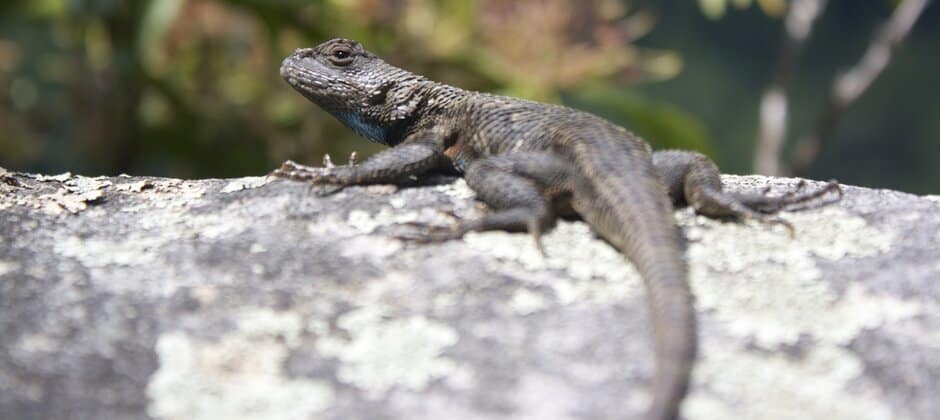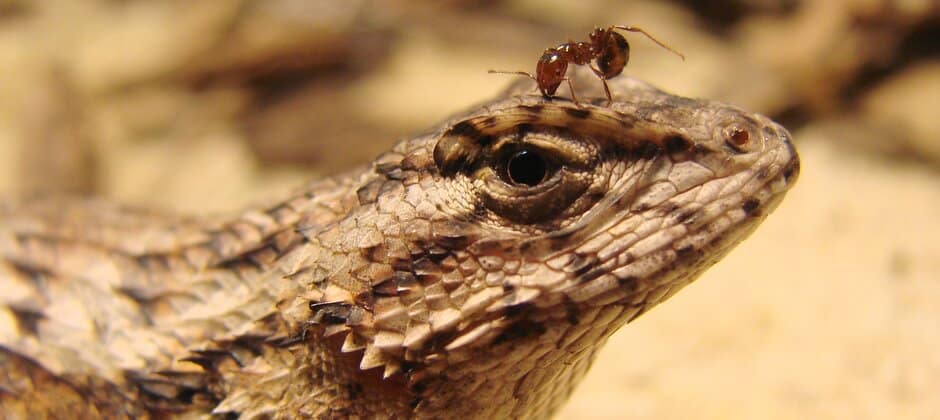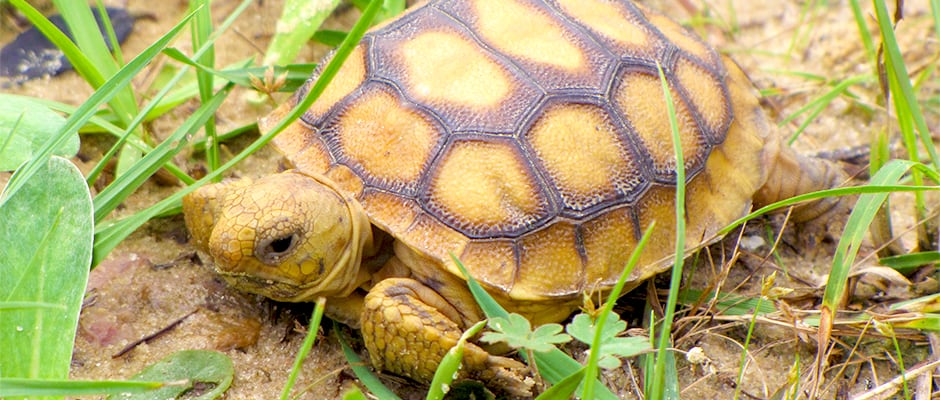- News
-
-
-
-
-
Latest News Articles
- 2024 TWS Elections: Southwest Representative April 25, 2024
- Can these butterflies fill the gap left by their extinct relative? April 25, 2024
- Q&A: TEK and the wildlife profession April 24, 2024
-
-
-
- Wildlife Professional Resources
-
- Our Network
-
- PUBLICATIONS
-
-
Recent Posts
-
 The Wildlife Professional November/December Issue
November 1, 2023
The Wildlife Professional November/December Issue
November 1, 2023
-
-
-
-
-
-
- Wildlife Events
-
-
-
Upcoming Webinars
- No Events
-
-
-
- Who We Are
-
Tag: fire ants

November 10, 2021
TWS2021: Eating fire ants may protect fence lizards
Eastern fence lizards may be eating their way to immunity from invasive ant venom in the Southeastern United States. Red imported fire ants (Solenopsis invicta) were first introduced to states...

February 26, 2021
Lizards evolve antibodies to fight off invasive fire ants
Fence lizards in Alabama are evolving stronger immune systems in response to decades of coping with the venom from invasive fire ants, but they may also become more vulnerable to...

April 11, 2016
WSB Study: Fire ants could be exacerbating gopher tortoise threats
Gopher tortoise populations facing threats from habitat loss and depredation could be feeling extra heat from invasive fire ants. “I think fire ants have the potential to do some serious...

